The views expressed in our content reflect individual perspectives and do not represent the authoritative views of the Baha'i Faith.
Around the globe, humanity celebrates women every March, when Women’s History Month highlights the contributions of women, both past and present. Why just one month for 51 per cent of all people?
Because women “hold up half of the sky,” as the old Chinese proverb famously says, shouldn’t we make it Women’s History Months? As in, maybe, six months out of every year instead of just one?
RELATED: Women: An Antidote for War
In just one example of the pervasive impact of women on the trajectory of humanity, women in general have historically been opposed to war. Perhaps one of the greatest reasons is their aversion to losing their husbands and sons – or maybe they’re just more evolved spiritually, as the Baha’i teachings suggest:
… strive to show in the human world that women are most capable and efficient, that their hearts are more tender and susceptible than the hearts of men, that they are more philanthropic and responsive toward the needy and suffering, that they are inflexibly opposed to war and are lovers of peace. Strive that the ideal of international peace may become realized through the efforts of womankind, for man is more inclined to war than woman, and a real evidence of woman’s superiority will be her service and efficiency in the establishment of universal peace.
That remarkable passage, from a talk Abdu’l-Baha gave to a large audience at the Franklin Square House – a beautiful old Boston hotel that the Reverend George Perin converted into a home for homeless women – refers to the fact that some of the greatest proponents of peace around the globe are women. Let’s take a closer look at a few of these women who lit and carried the torch for peace.
Winning an international reputation for her achievements, peace activist Baroness von Suttner started the Austrian Peace Society in the late 1800’s and penned the anti-war novel, “Lay Down Your Arms.” In 1904, her peace efforts won her an invitation to the White House by President Theodore Roosevelt, and in 1905 she became the first woman to become the Nobel Peace Prize Laureate.
Born in abject poverty, Rigoberta Menchú, a Mayan Indian of Guatemala, became the first indigenous person to receive a Nobel Peace Prize in 1992. Menchu received the award, “in recognition of her work for social justice and ethnocultural reconciliation based on respect for the rights of indigenous peoples.” Despite the fact that Government soldiers brutally murdered her mother and brother, as well as burning her father to death, she did not turn to violence. She in fact went on to work tirelessly for peace, writing, “An Indian Woman in Guatemala,” and co-founding the Nobel Women’s Initiative.
More recently Malala Yousafzai, a Pakistani advocate for girl’s education, became the youngest-ever Nobel Peace Prize Laureate. In 2009, Malala began speaking out against life under the Taliban. She became a target of death in October of 2012 when a gunman shot her in the head as she was coming home from school. Malala survived the attack – but rather than backing down, she continued to fight for peace and for the equality of women. She went on to write her autobiography and founded the Malala Foundation to defend every girls’ right to education in 2013. In 2014, she was awarded the Nobel Peace Prize.
Finally, Professor Hoda Mahmoudi, a Baha’i Ph.D. and scholar, holds the Baha’i Chair for World Peace at the University of Maryland, College Park. The Chair, which she has held for the last decade, is an endowed academic program that examines various forms of knowledge and discourse on global peace. As Chair, Dr. Mahmoudi develops proven scientific foundations for strategies to removing obstacles toward peace. Working with a diverse group of scholars, which she refers to as a “worldview approach,” Mahmoudi draws insights from all cultures. She is co-author of A World Without War: Abdu’l-Baha and the Discourse on Global Peace, and is also co-editor of Interdisciplinary Perspectives on Human Dignity and Human Rights, Children and Globalization: Multidisciplinary Perspective, and The Changing Ethos of Human Rights.
Women have historically been the nurturers of humanity. Putting the safety and well-being of their families first, they have consistently searched all avenues possible to avoid war. As violence and aggression become less and less effective as methods of resolving conflict, the qualities in which women are strong give us a new perspective, leading to novel ways of problem solving.
The Baha’i teachings say that as more women are given equal representation and the opportunity to contribute to public discourse, great strides will be made in the peace-building process. In his speech to a women’s suffrage meeting in New York in 1912, Abdu’l-Baha said:
So it will come to pass that when women participate fully and equally in the affairs of the world, when they enter confidently and capably the great arena of laws and politics, war will cease; for woman will be the obstacle and hindrance to it. This is true and without doubt.
RELATED: 5 Ways You Can Start Advocating for Women’s Rights
This must include the inclusion and equality of women in education and all facets of society. That fact is reflected in “Women and the Peace Process,” a written statement from the Baha’i International Community to the 37th session of the United Nations Commission on the Status of Women:”
These requisites are reflected in the data presented in the report of the Secretary-General on the theme “Peace: Women and the Peace Process.” The report points out that women have historically been at the forefront of peace movements. It carefully documents their courageous and unflagging efforts to end war through the channels available to them, which have been mostly non-governmental. The report also notes that women, as peace researchers, generally take a holistic approach to peace – based on the assumption that real peace requires the elimination of all forms of oppression and discrimination. This approach is particularly well-suited to dealing with the interconnected problems of this age. Yet, as the report sadly notes, “women are virtually absent from the peace process at the official level.”
In March we celebrated the accomplishments made by women – and throughout the rest of the year, may we all continue to work towards world peace and the unity of humankind by incorporating the voices of women in the world’s highest and most effective deliberative bodies.


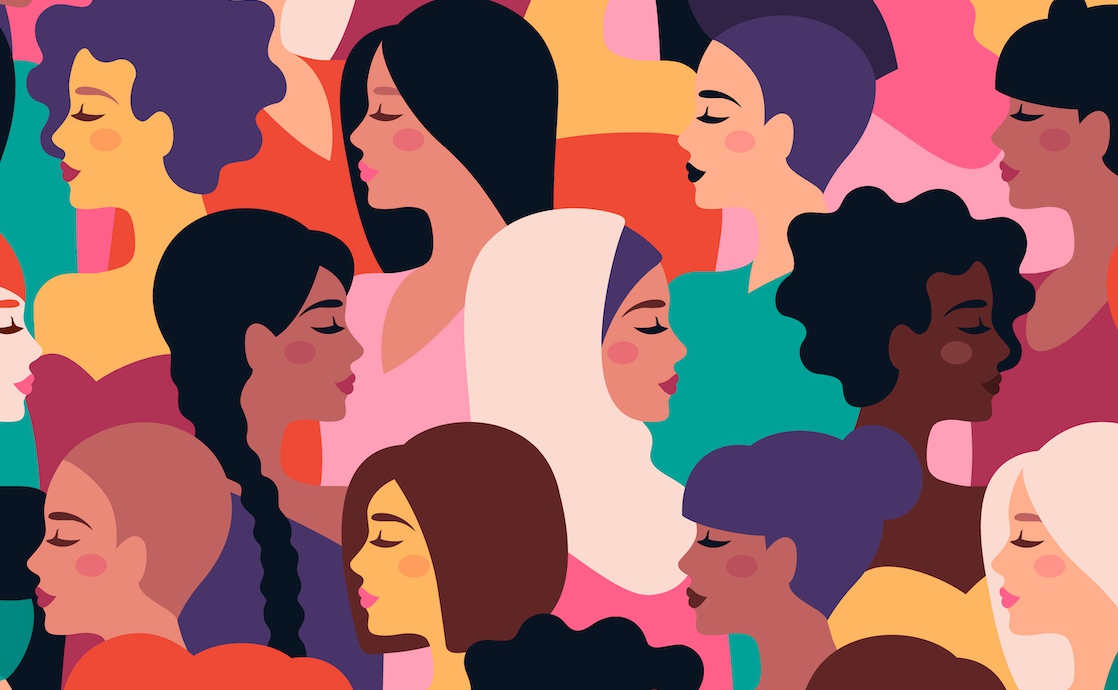

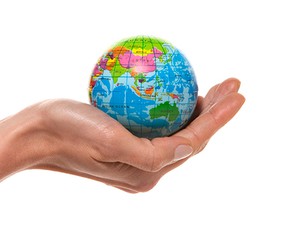
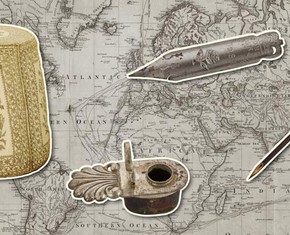
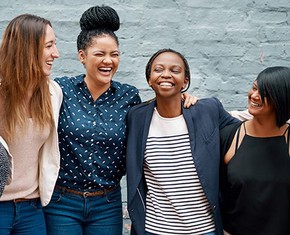


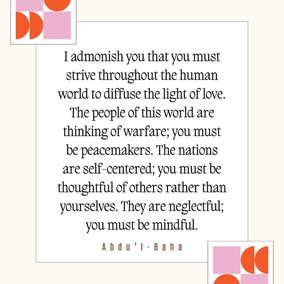
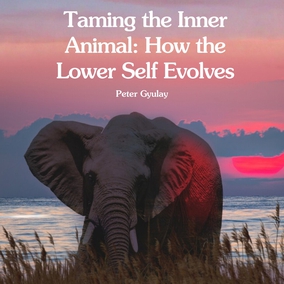
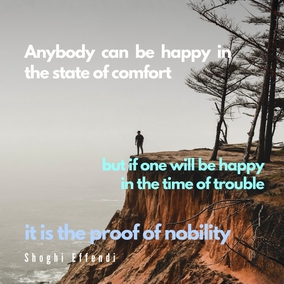
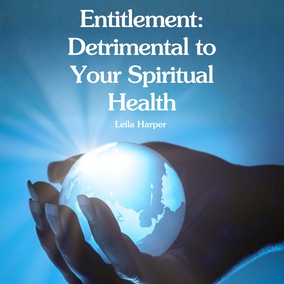
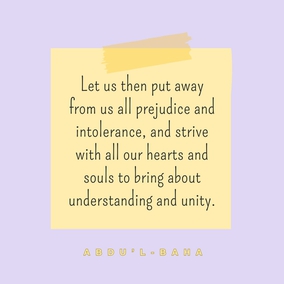


Comments
Sign in or create an account
Continue with Googleor